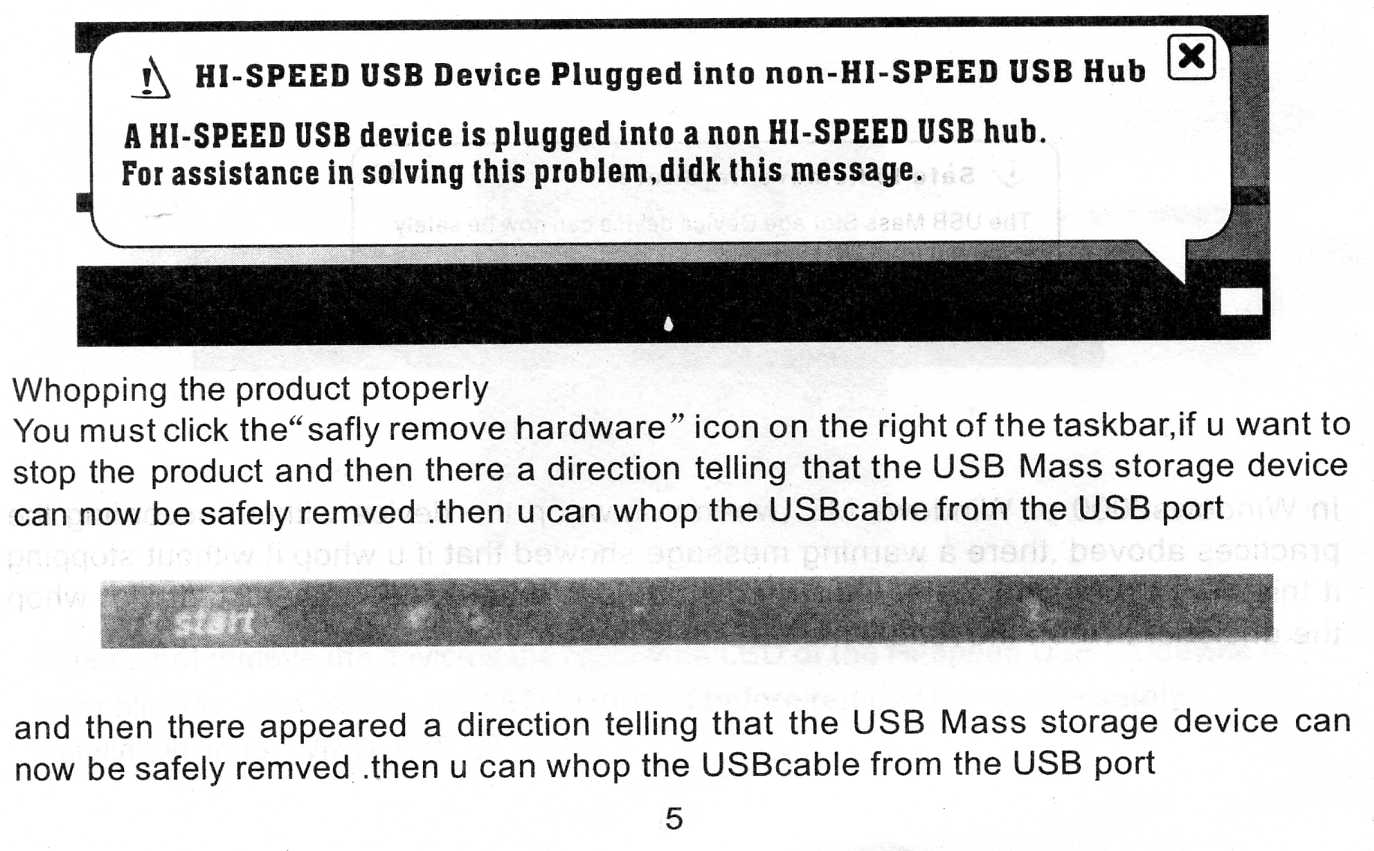Behold the mighty Fugoo:
Soon that “networked home” (once the stuff of animation and science fiction) could become a reality: This summer a group of personal computer veterans will start selling Fugoo, a brick-size box that will plug into specially outfitted home appliances and connect them to the Internet — and one another — via broadband wireless systems.
You know, that sort of thing has been available for several years–if not a decade–through the Smart Home catalog.
How does the latest and the greatest work?
Here’s how it works: Each Fugoo box is loaded with a Via Technologies processor and the Microsoft (MSFT, Fortune 500) operating system. It retails for $99. When a box is installed, appliances that have been outfitted especially for Fugoo are then able to talk to one another over a Wi-Fi network. The appliances can also retrieve information from the Internet, so your alarm clock could also tell you the weather, for example, or provide a traffic report. Once appliances are connected to the Internet, you can do all sorts of cool things: use a smartphone to remotely program the coffeemaker to have a fresh pot waiting for you when you get home from work, say.
The devil, you say! An alarm clock that can provide weather and traffic reports! Probably even specifically tailored to your local region through a complex proprietary algorithm. Wow! That’s so much more advanced than the $10 alarm radio I got as a Christmas present 20 years ago and continue to use today. And a coffee machine that automatically makes coffee. Wild!
The problem, though:
Before that can happen, though, Fugoo will need to cajole appliance makers and software developers alike to produce products that work with the Fugoo box, in much the same way Intel had to persuade the computer industry to embed Wi-Fi chips in laptops.
The company hopes that in the future, device manufacturers will simply build Fugoo capability into their products the same way that, say, your car might have a docking station for your iPod.
Do cars have iPod docks? I’ve seen the alternative input jacks, but not proprietary things like iPod docks.
Every couple of years, some company chases this pipe dream and gets some press coverage. But, really, do you want to hook your home appliances up to the Internet and its attendant hackers? I do not, and I don’t see any value in using a smart phone to check if my laundry is done.



